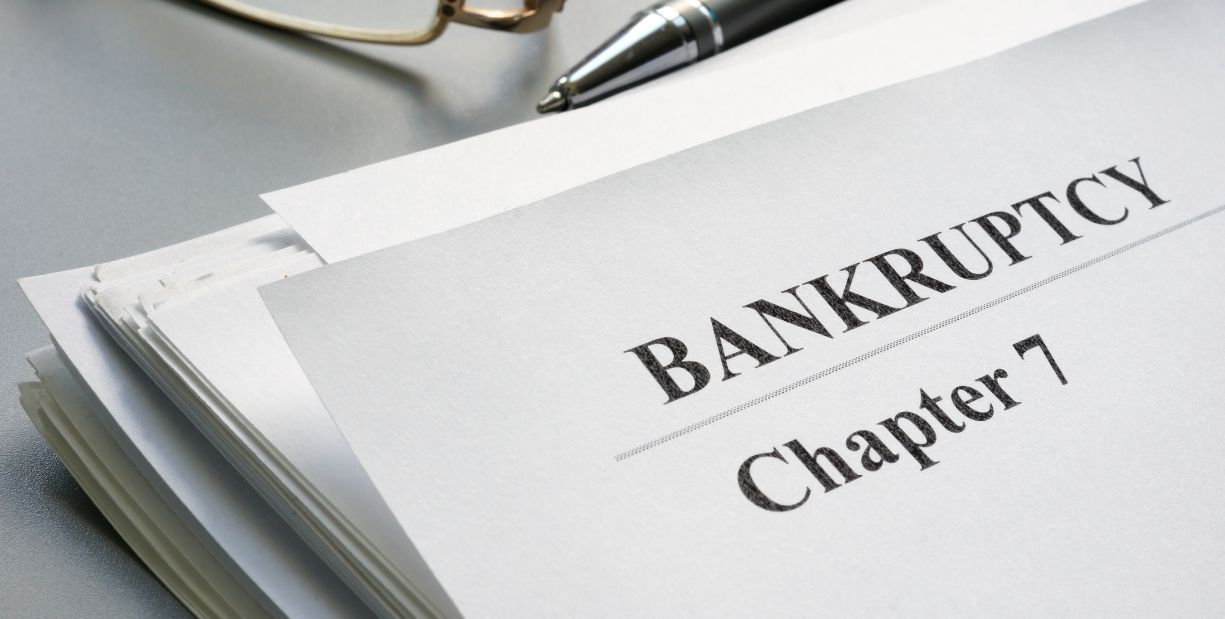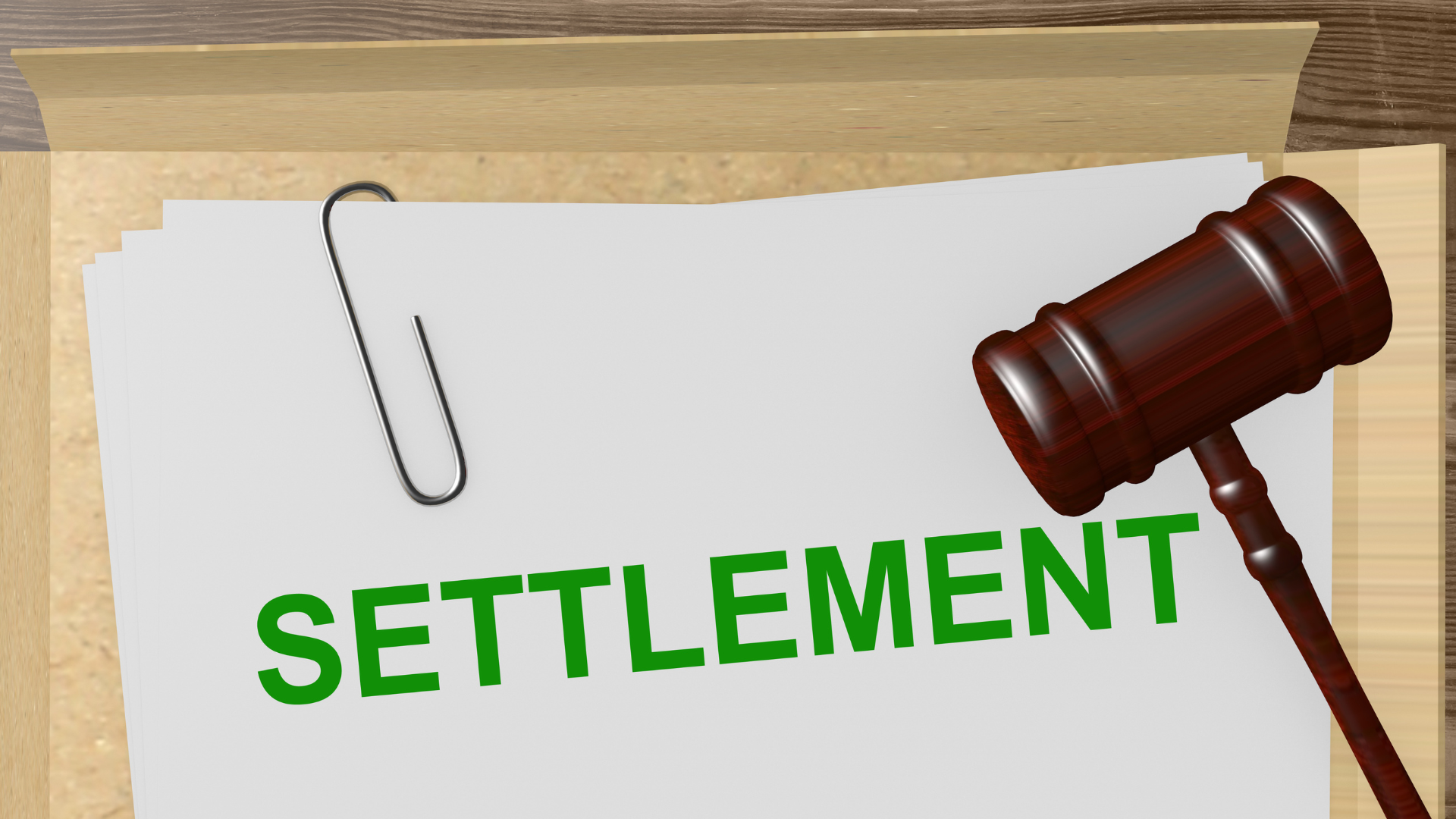Are Chapter 7 Filings Public?
Are Chapter 7 bankruptcy filings public?

Yes, Chapter 7 bankruptcy filings are public record. That means once you file, the information becomes accessible to anyone who knows where to look. In this post, we’ll explain what that really means for you, how your information might be used, and whether there’s anything you can do to limit the impact on your privacy.
Why Are Bankruptcy Filings Public?
Bankruptcy is a legal process that is handled in federal court. Because the U.S. legal system is built on transparency, court records—including bankruptcy cases—are generally made public to ensure accountability and fairness.
The U.S. Bankruptcy Court keeps a digital record of all filings. These records are accessible online through a system called PACER (Public Access to Court Electronic Records).
What Information Becomes Public?
When you file for Chapter 7 bankruptcy, the following details typically become part of the public record:
- Your full name
- The date you filed
- The bankruptcy court and case number
- Your listed assets and liabilities
- Names of creditors
- Income and expenses
- Meeting of creditors (341 hearing) schedule
Additionally, some notices may be sent to your creditors or published in local legal newspapers.
Who Can See My Bankruptcy Filing?
In theory, anyone can access your bankruptcy record. In practice, it’s usually limited to:
- Creditors and lenders
- Employers (especially if running background checks)
- Landlords evaluating rental applications
- Attorneys and financial professionals
- Curious individuals with access to PACER
To access your file via PACER, someone would need to create an account and pay a small per-page fee.
Will My Bankruptcy Show Up in Background Checks?
Yes. Bankruptcy will likely show up in:
- Credit Reports: A Chapter 7 bankruptcy remains on your credit report for up to 10 years from the date of filing.
- Tenant Screenings: Landlords often use background services that include bankruptcy history.
- Employment Background Checks: Some jobs—especially in finance, law, or security clearance roles—may require credit and legal background checks that flag bankruptcy filings.
Can I Keep My Bankruptcy Private?
You can’t make a bankruptcy filing private, but you can control who finds out about it in practice:
- PACER is not commonly used by the public, so unless someone is actively searching, they’re unlikely to discover your filing.
- Most employers and landlords won’t view the full case unless it’s relevant to their decision.
- You can take steps to rebuild credit after filing to offset the impact.
Note: Bankruptcy cases do not get posted on Google or social media. They are not searchable through regular internet search engines.
How Long Does a Chapter 7 Stay Public?
There are two separate timelines:
- On your credit report: 10 years
- In PACER: Indefinitely, though access may require permission after a certain number of years
Even after discharge, the record of your case exists, although it becomes less relevant to most parties over time.
Will My Friends or Family Be Notified?
Not unless:
- They are listed as a creditor
- They actively search PACER
- Your bankruptcy is published in a public notice (rare, and usually for businesses)
Most Chapter 7 filings for individuals go unnoticed unless someone is looking specifically for your case.
What If I Want to Remove My Chapter 7 Filing?
You generally can’t remove a valid bankruptcy filing from public records. However:
- If your case was dismissed, you may be able to challenge inaccurate reporting on your credit file.
- If information is incorrect or duplicative on your credit report, you can file a dispute with the credit bureaus.
There is no legal process to "seal" or "hide" a legitimate Chapter 7 filing.
When Does Chapter 7 Bankruptcy Get Discharged?
In most cases, a Chapter 7 discharge happens about 3 to 6 months after filing. The discharge itself will also become part of the public record.
For more on this topic, see: When Is Chapter 7 Bankruptcy Discharged?
How a Bankruptcy Lawyer Can Help
Even though the filing is public, an experienced attorney can help you:
- Ensure your case is filed correctly and efficiently
- Avoid unnecessary disclosure of sensitive data
- Explain how bankruptcy impacts future credit or job applications
- Help rebuild your financial profile post-discharge
- Protect exempt assets and ensure your legal rights
Frequently Asked Questions
1. Is bankruptcy searchable on Google?
No. Bankruptcy records do not appear on search engines. They are stored in government databases like PACER.
2. Will my employer know if I file Chapter 7?
Not unless they run a background or credit check, or unless you owe them money and list them as a creditor.
3. Can a Chapter 7 case be sealed?
Only in very rare situations involving personal safety. Most records remain public.
4. Does Chapter 7 show up on rental applications?
Yes, if the landlord runs a background or credit check. It may affect your approval, but many landlords are willing to overlook it with strong income or references.
Talk to a New York Bankruptcy Attorney
If you're considering Chapter 7 bankruptcy and worried about privacy, legal consequences, or future credit, we can help.
J. Singer Law Group is one of New York’s top bankruptcy law firms, with decades of experience guiding individuals through Chapter 7, 13, and 11 cases.
Call us for a free consultation and get the answers you need to make an informed decision.











